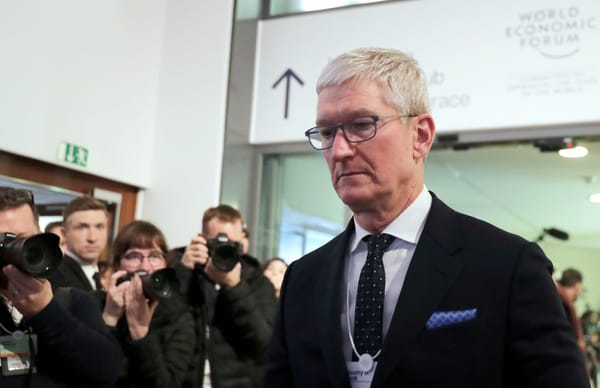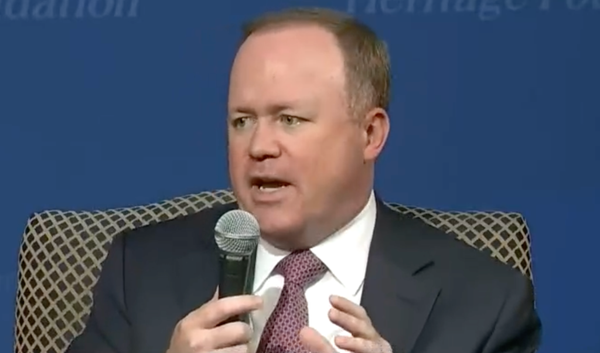TikTok U.S. Must Sell or Get Banned, T-Mobile’s New Buy, 5 More States Receive ECF Money
The threats come ahead of the first congressional committee appearance by TikTok CEO Shou Zi Chew.
Tim Su

March 16, 2023 – President Joe Biden and his administration said it wants the Bytedance, TikTok’s owner, to sell the U.S. version of the video sharing app or face a ban, according to the New York Times.
The demands were sent to ByteDance in recent weeks, said the Times, citing anonymous sources.
The threats come ahead of the first congressional committee appearance by TikTok CEO Shou Zi Chew next Thursday.
TikTok’s efforts to win U.S. government approval come in the face of growing Congressional hostility toward the platform. Sens. Mark Warner, D-Va., and John Thune, R-S.D., on Tuesday unveiled a bill aimed at giving the Commerce Department the ability to impose a complete ban of the app.
The Restricting the Emergence of Security Threats that Risk Information and Communications Technology Act (RESTRICT Act) requires the Commerce Department to examine critical infrastructure products, including those that go toward telecommunications networks, and to ensure “comprehensive actions to address risks of untrusted foreign information communications and technology products by requiring the Secretary to take up consideration of concerning activity identified by other government entities,” a White House release said.
Last month, the White House’s Office of Management and Budget required agencies to identify a banned application, such as TikTok, remove it and disallow installation on devices, and prohibit internet traffic within 30 days, as part of the governments’ efforts to rid security threats on government devices.
T-Mobile to acquire Mint Mobile for $1.35B
T-Mobile just announced Wednesday that it has agreed to acquire Ka’ena Corporation and its subsidiaries and brands including Mint Mobile, Ultra Mobile and wholesaler Plum, according to a press release.
T-Mobile is acquiring the brands’ sales, marketing, digital, and service operations, and plans to use its supplier relationships and distribution scale to help the brands to grow and offer competitive pricing and greater device inventory to more U.S. consumers seeking value offerings, it said in the release.
T-Mobile will pay up to a maximum of $1.35 billion, 39 percent in cash and 61 in stock to acquire Ka’ena, with the actual price based on the performance of Ka’ena during certain time period before and after the closing, the release said.
“Mint has built an incredibly successful digital direct-to-consumer business that continues to deliver for customers on the Un-carrier’s leading 5G network and now we are excited to use our scale and owners’ economics to help supercharge it – and Ultra Mobile – into the future,” said Mike Sievert, CEO of T-Mobile, in the release.
“Over the long-term, we’ll also benefit from applying the marketing formula Mint has become famous for across more parts of T-Mobile. We think customers are really going to win with a more competitive and expansive Mint and Ultra,” Sievert added.
FCC commits $1.7M from Emergency Connectivity Fund
The Federal Communications Commission announced on Wednesday it is committing $1.7 million through the Emergency Connectivity Program to help over 5000 students gain better access to internet.
Wednesday’s announcement will support approximately 15 schools and 2 libraries in California, Florida, Minnesota, Missouri, and New York.
“Closing the Homework Gap means we need to connect all our students to digital tools for communicating with teachers and schools,” said FCC Chairwoman Jessica Rosenworcel. “Today’s funding round is another important step toward reaching that goal.”
Since the launch of the $7.171 billion Emergency Connectivity Fund in 2021, the FCC has allocated a total of $6.6 billion in funding commitments. The program is set to end this year, with the service delivery deadline for the first two rounds approaching on June 30.
Some organizations have called on Congress to allocate additional funding for its extension.









Member discussion